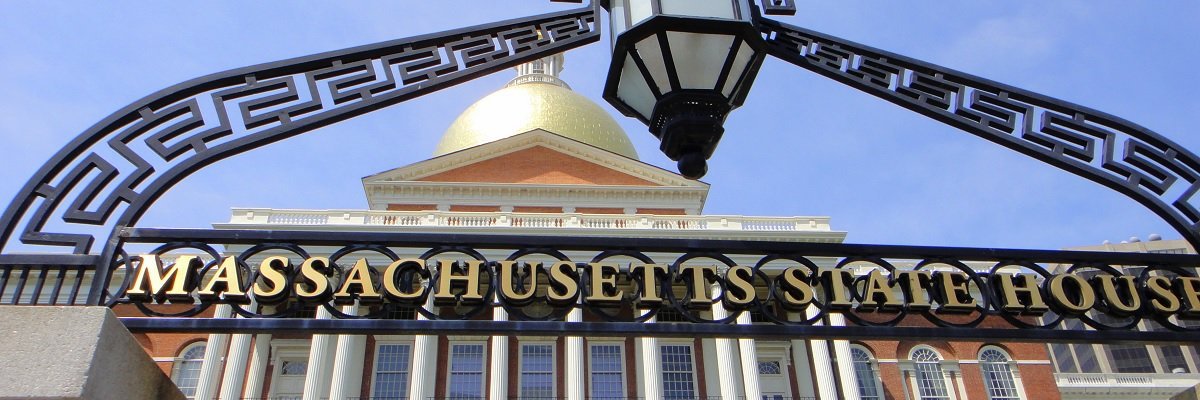Changes to the Massachusetts Public Records Law went into effect in January 2017, but much like the old version of the law, the new rules are only as effective as those charged with enforcing it will allow it to be.
Massachusetts is still the only state in which the executive office, the legislature, and the judicial system are all exempt from the law. So even as the law arguably affords residents an easier path to obtaining records from their city council or town clerk, there’s no legal mechanism for obtaining records on lawmakers, judges, or the governor.

The current law also allows government agencies to hire private contractors to produce and maintain records, an absurd loophole that allows government agencies to hide public records behind a private company by insisting that requesters ask an entity not subject to the public records law to produce public records.
Seeing as Massachusetts is still in desperate need of public records reform, MuckRock is launching a newsletter to keep residents and journalists informed about the various public record request debacles requesters run up against.
Reporters in cities and towns across the Commonwealth are still stonewalled by police departments and other government agencies that decry the law as too burdensome, or simply ignore it. Sign up for the newsletter to keep track of the absurd denials, obstructive agencies, and small victories that continue to define the Massachusetts Public Records Law. If you’ve got your own public records law nightmare, send it our way. We may not see any changes to law for another forty some odd years, but as incorrigible optimists, we hope that highlighting the law’s failures will help keep it on the public’s mind.
Image by Matt Kieffer via Flickr and is licensed under CC BY-SA 2.0




